Endia Beal’s photographs highlight the judgements and prejudices facing young women of colour in the job market


Endia Beal’s photographs highlight the judgements and prejudices facing young women of colour in the job market
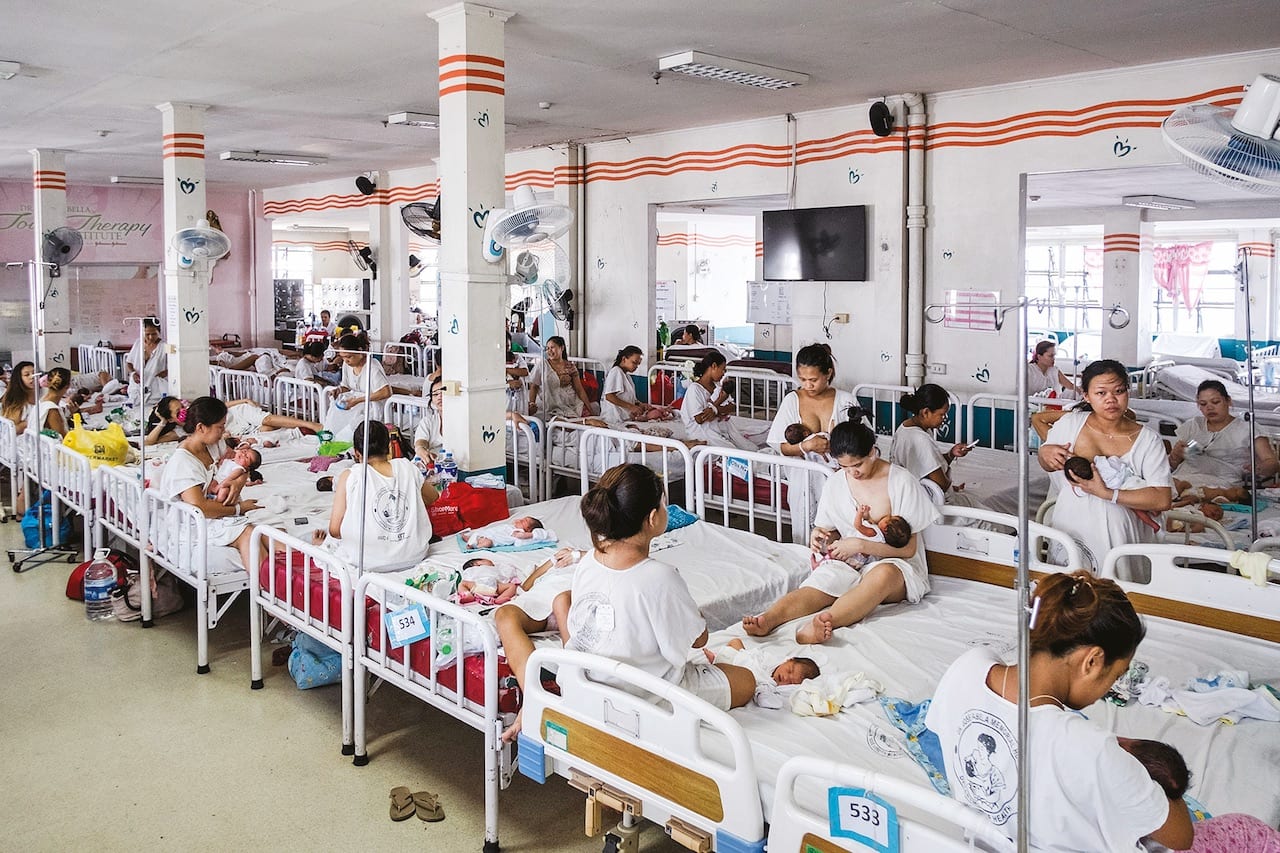
The 31st international festival of photojournalism delivers a programme of hard-hitting reportage in an era when increasing hostility threatens freedom of the press
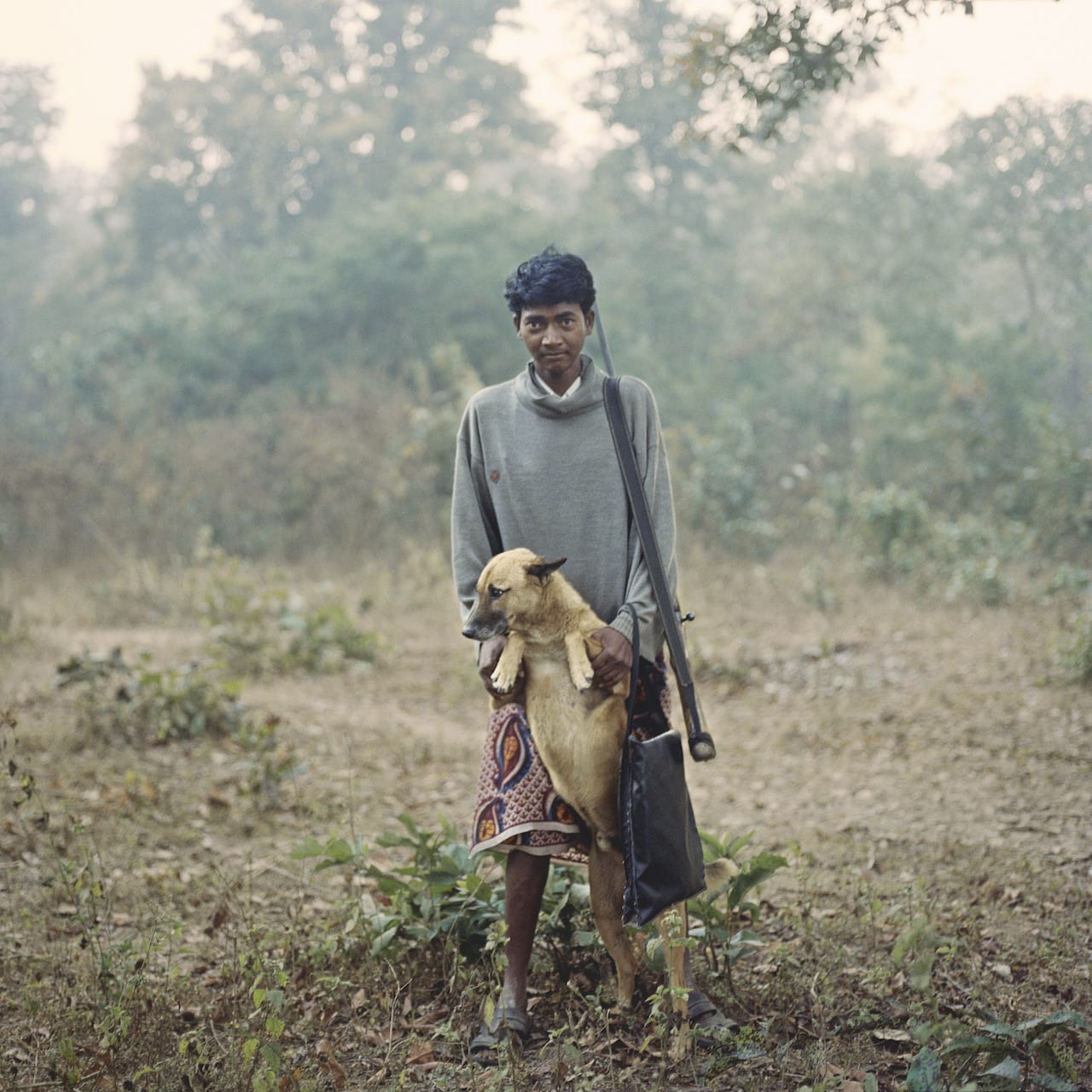
Land grabs, forced displacement, Maoist rebels, state executions… Central India’s 50-year conflict is virtually unknown outside the Subcontinent, and Poulomi Basu’s investigation of this hidden war defies an easy reading
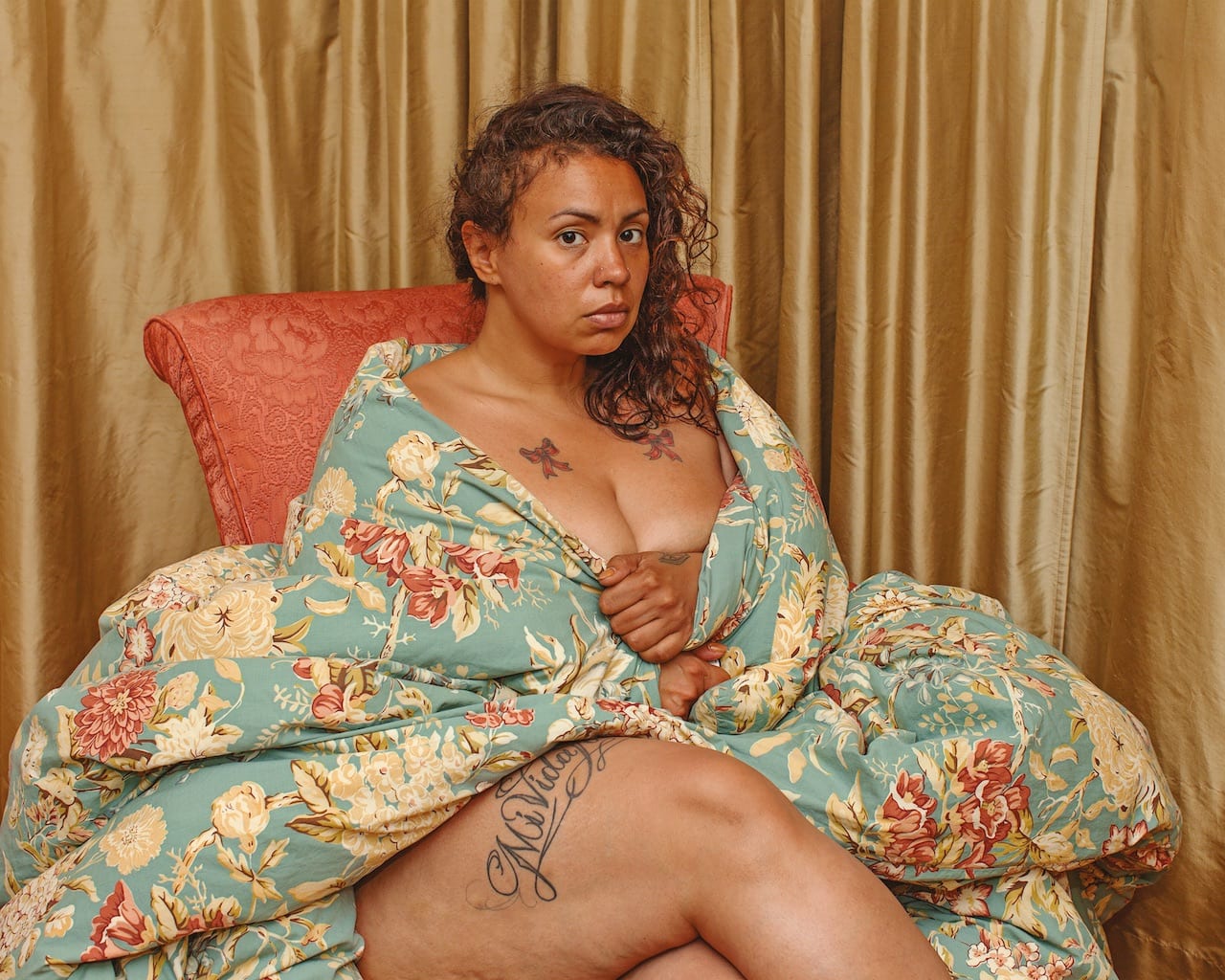
Nydia Blas, nominated by Peggy Sue Amison, artistic director of the East Wing in Doha, pushes the boundaries around how black women are perceived
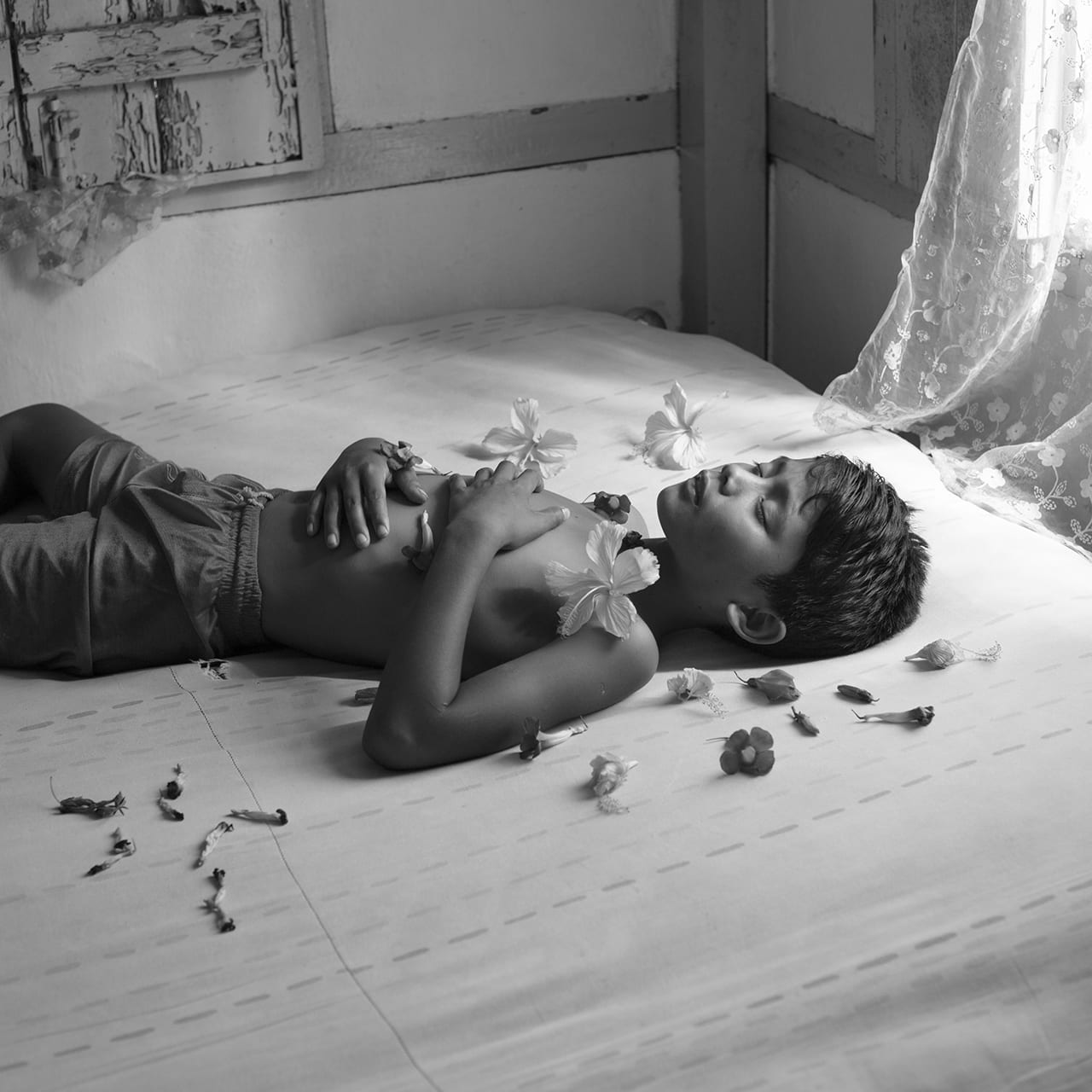
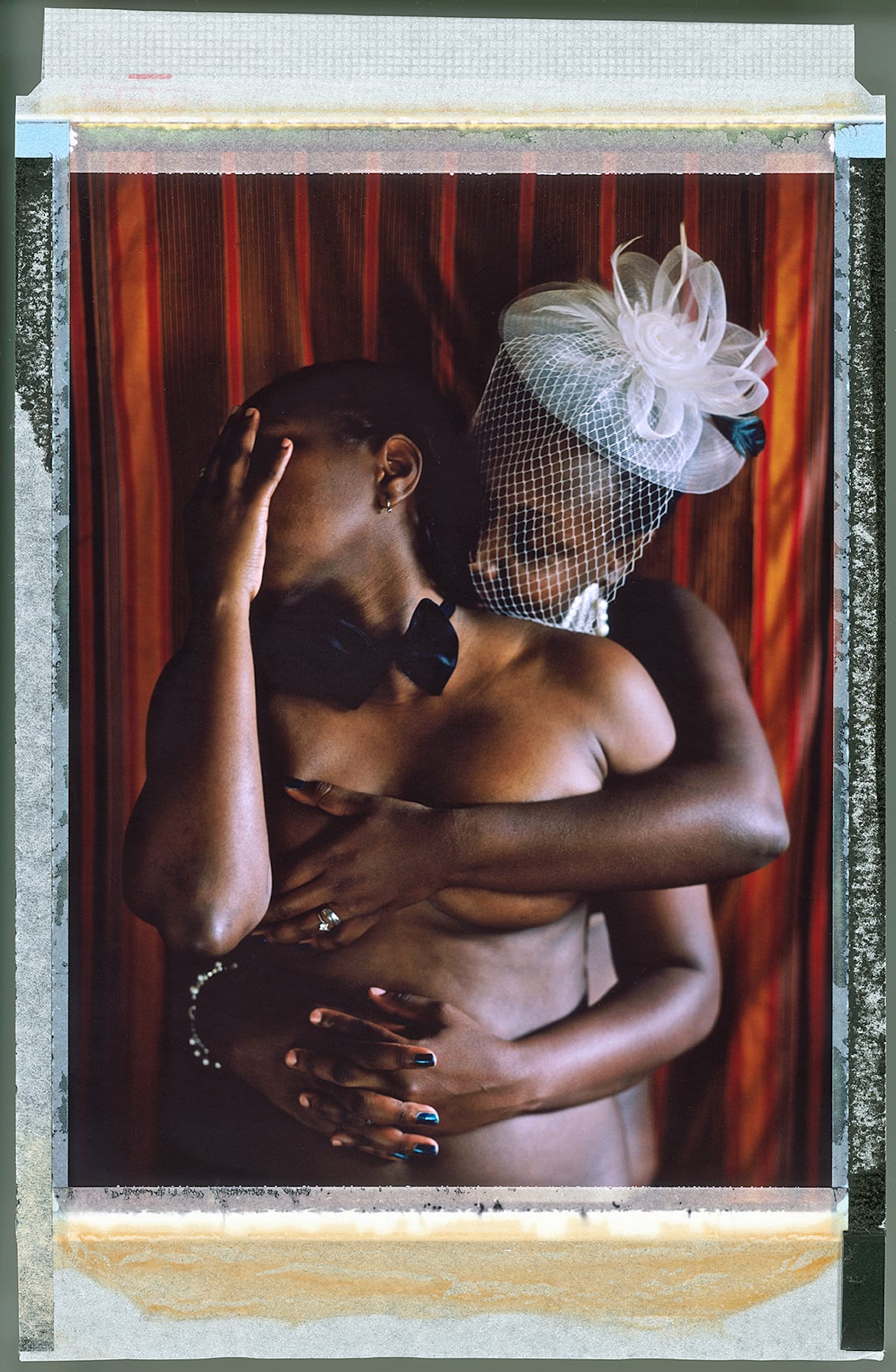
When Robin Hammond started work on his project Where Love Is Illegal, he changed his approach to photography. Shooting members of the LGBTI [lesbian, gay, bisexual, transgender and intersex] community who have faced persecution and punishment in countries in which such prejudice is enshrined in law, he relinquished much of the creative control to the sitters.
Up until then, he’d worked in the tradition of great photojournalists, committing extended periods of time to documenting stories as they unfolded in front of his lens. His acclaimed project Condemned, for example, a study of the treatment of the mentally ill in Africa, was shot over 10 years. But during his numerous trips to the continent, he had become acutely aware of the deep-rooted homophobia there.
“Wherever I went, I was surprised by how extreme the views on homosexuality were,” he says.
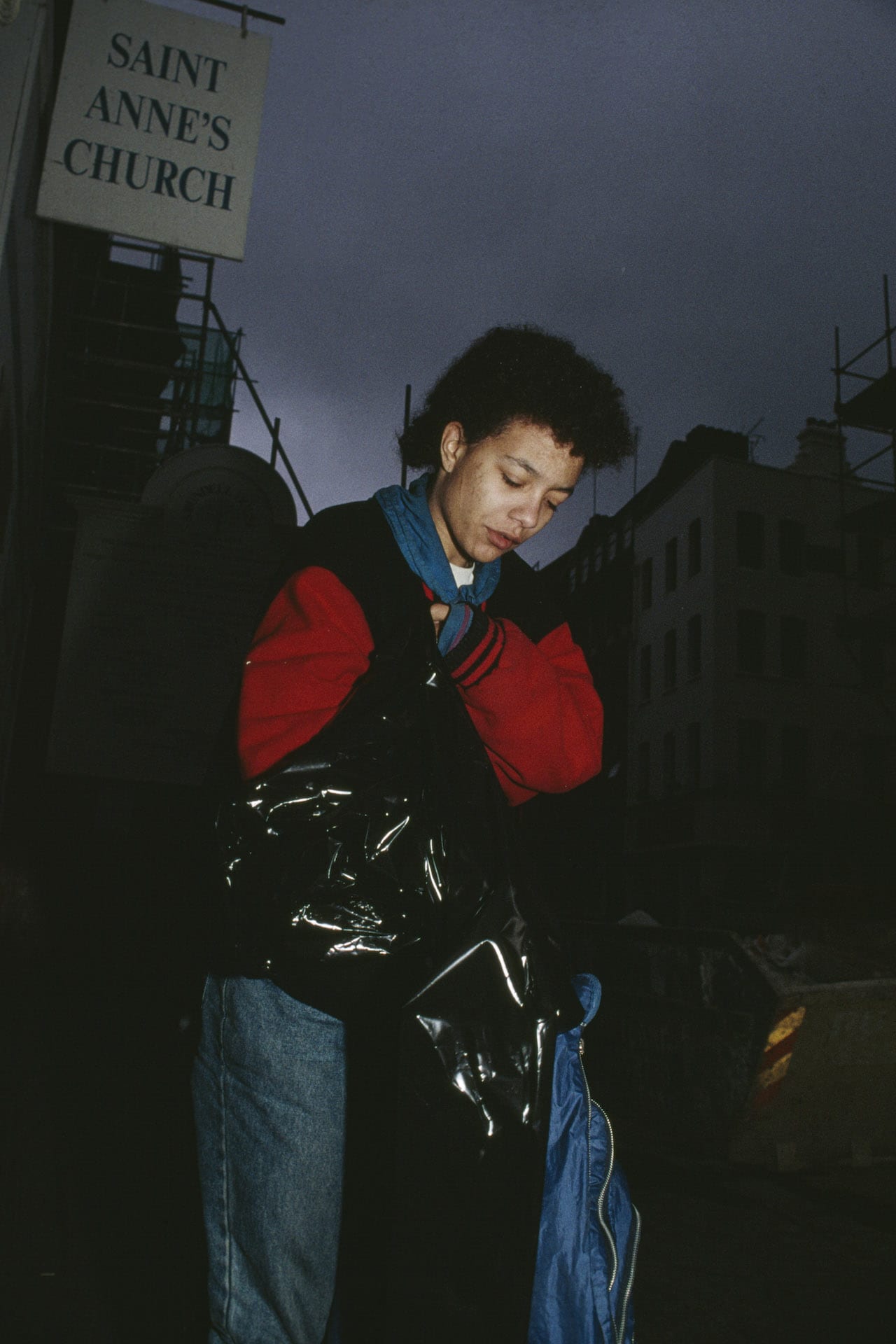
Every so often there is an opus that challenges received wisdom not just on a single subject, but on a range of them. An Autobiography of Miss Wish, the collaboration between Noor photographer Nina Berman and Kimberly Stevens, the protagonist, published by Kehrer, is one of them. The book reads many ways: as a memoir, a commentary on justice systems and social services, an indictment of our disregard for the less fortunate and a reflection on documentary photography.
The hefty volume is, first and foremost, the story of a black woman who once went by the name of Cathy Wish, who Berman met on the streets of London’s West End in 1990 while studying the legacy of Margaret Thatcher’s neoliberal policies. “I noticed her banging on a door, headphones in her ears and cigarette in hand,” the US photojournalist says.
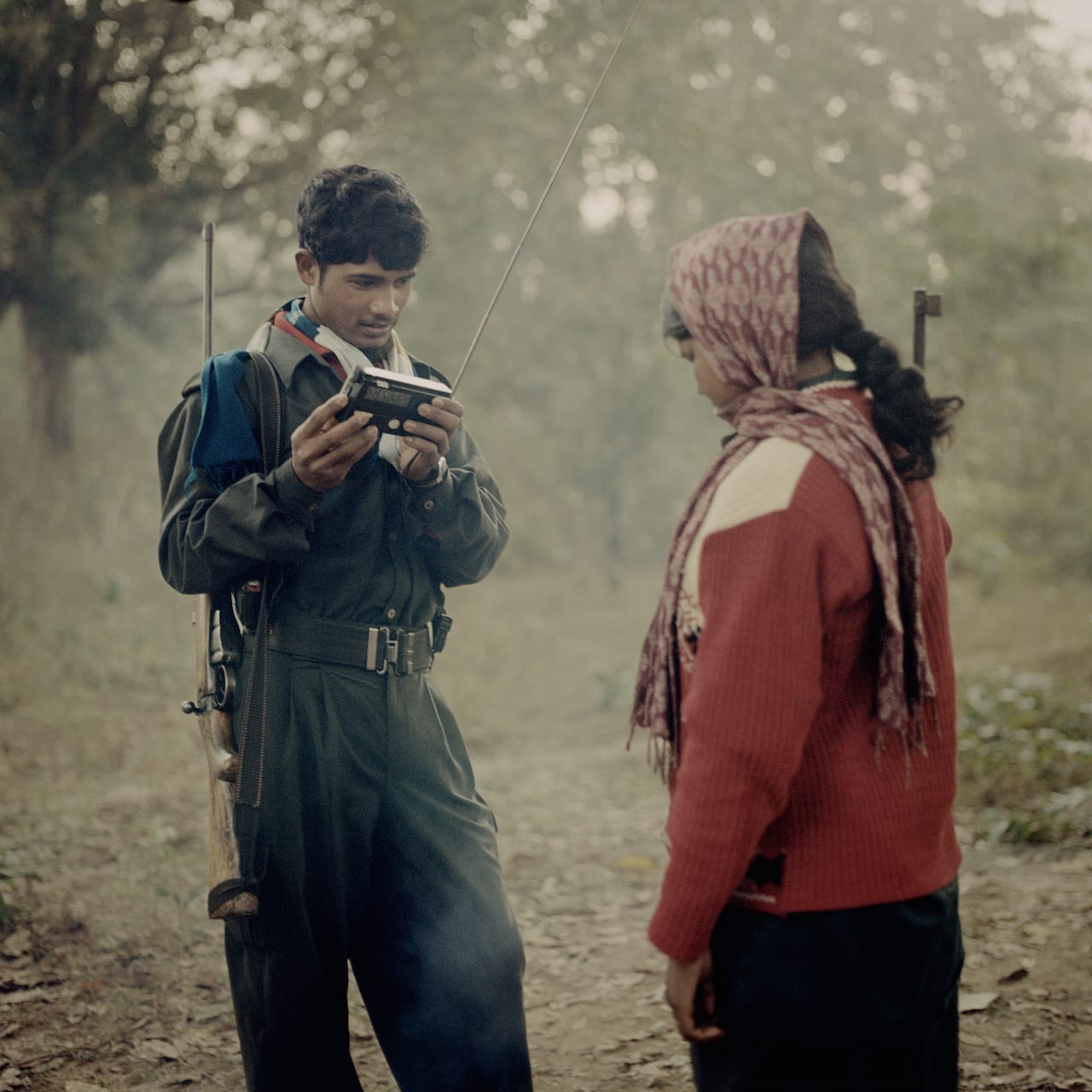
Poulomi Basu’s Centralia is no easy read. The situation it unravels − a protracted fight for land and resources in central India − is not only complex, but also largely unheard of, especially in mainstream Western media. And Basu, reflecting on contemporary documentary practices, refuses to simplify it into a readily digestible format. Instead, she wishes to reflect the bewildering atmosphere that reigns in the region. “The adage ‘The first victim of any conflict is the truth’, is particularly apt here,” she says. “The conflict, with its many actors all occupying opaque roles, has created a space with its own internal logic and landscape.” Thus, she hopes to take the audience “on a journey to a place where truth and lies, reality and fiction have become blurred”.
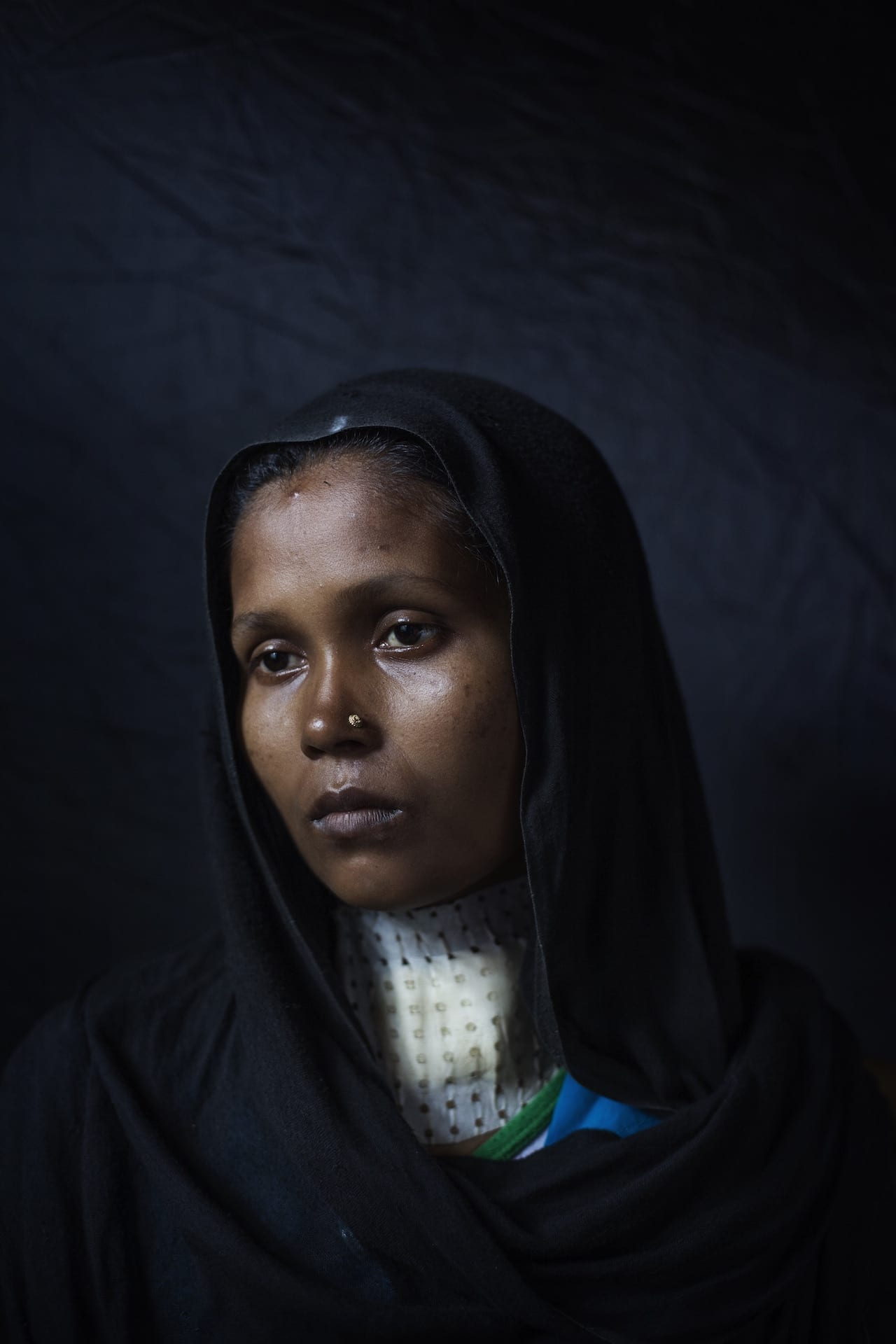
“Coming back to photojournalism after a couple years of academic hiatus, I wanted to invest my time in projects that could affect change. Simply telling a story in an editorial doesn’t accomplish that,” says Anastasia Taylor-Lind about her determination to cover the Rohingya crisis in Myanmar for Human Rights Watch. The organisation’s mandate is to gather evidence of crimes against humanity and share those records with governments, international agencies and the public. Doing so means relying on collaborations between a diverse group of professionals, including visual storytellers.
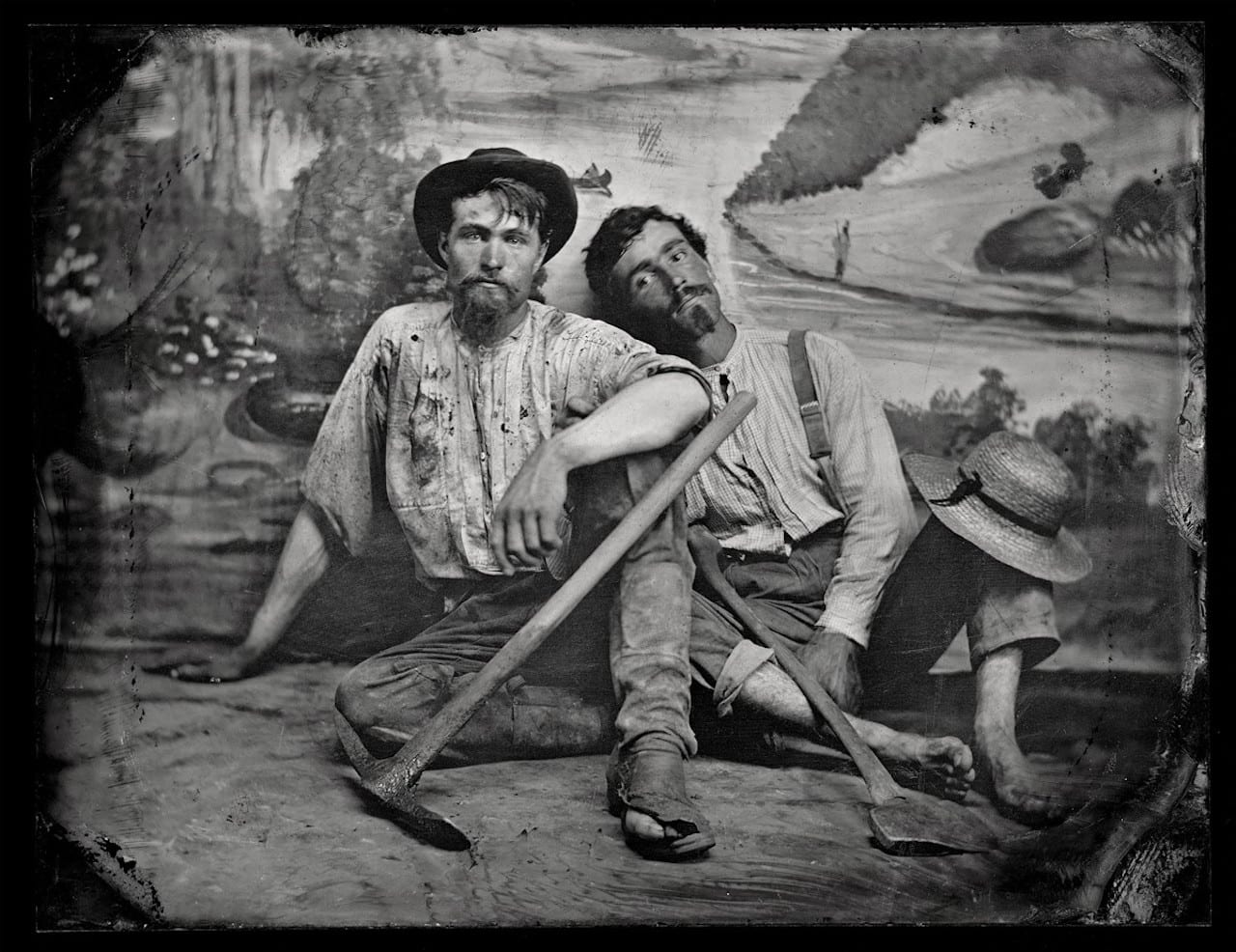
Luce Lebart has hopped across the Atlantic Ocean to take the helm of the newly-minted Canadian Photography Institute (CPI), which fills the large gap left by the abrupt and permanent closure of the Canadian Museum of Contemporary Photography in 2009, thanks to the support of Scotiabank, the Archive of Modern Conflict and the National Gallery of Canada Foundation